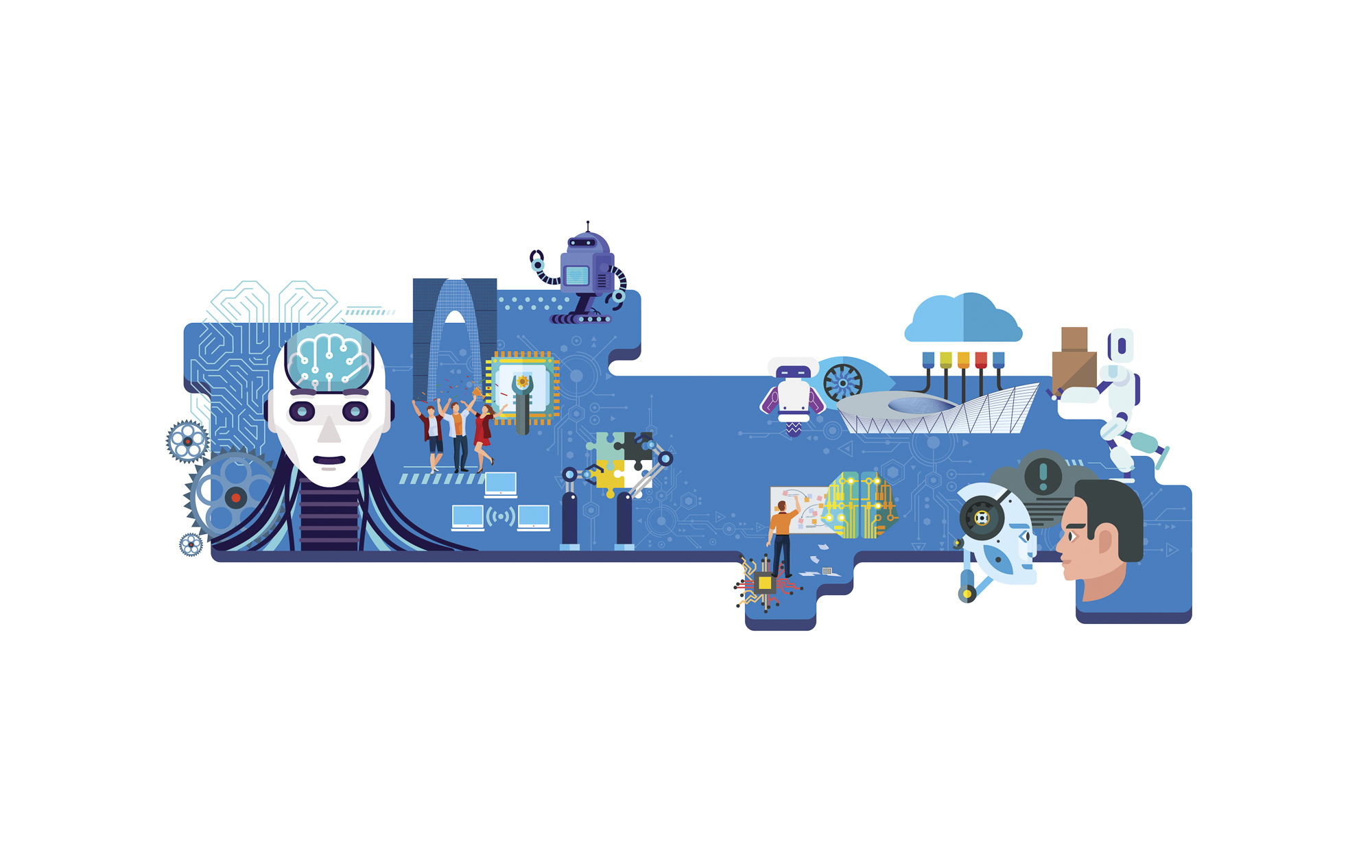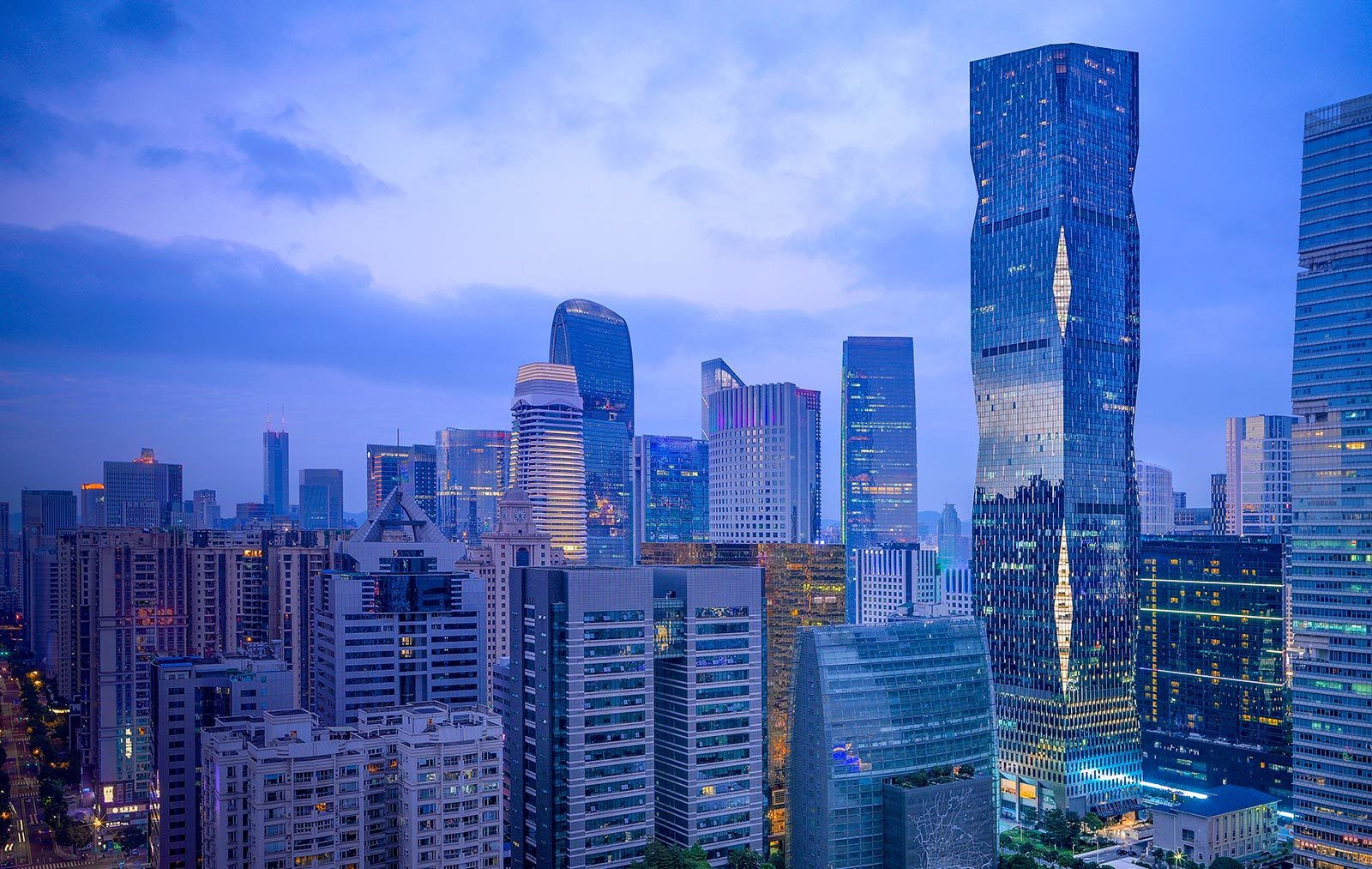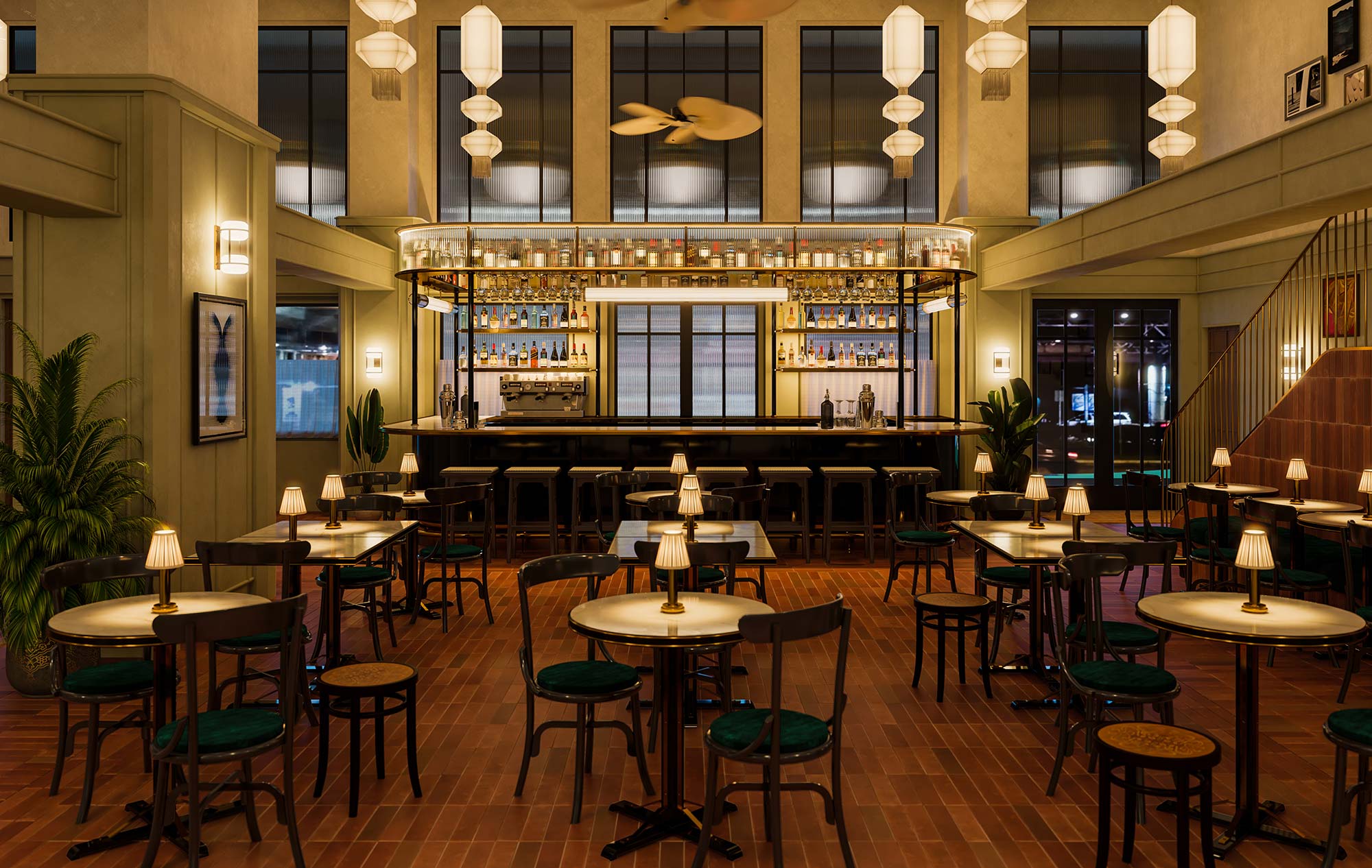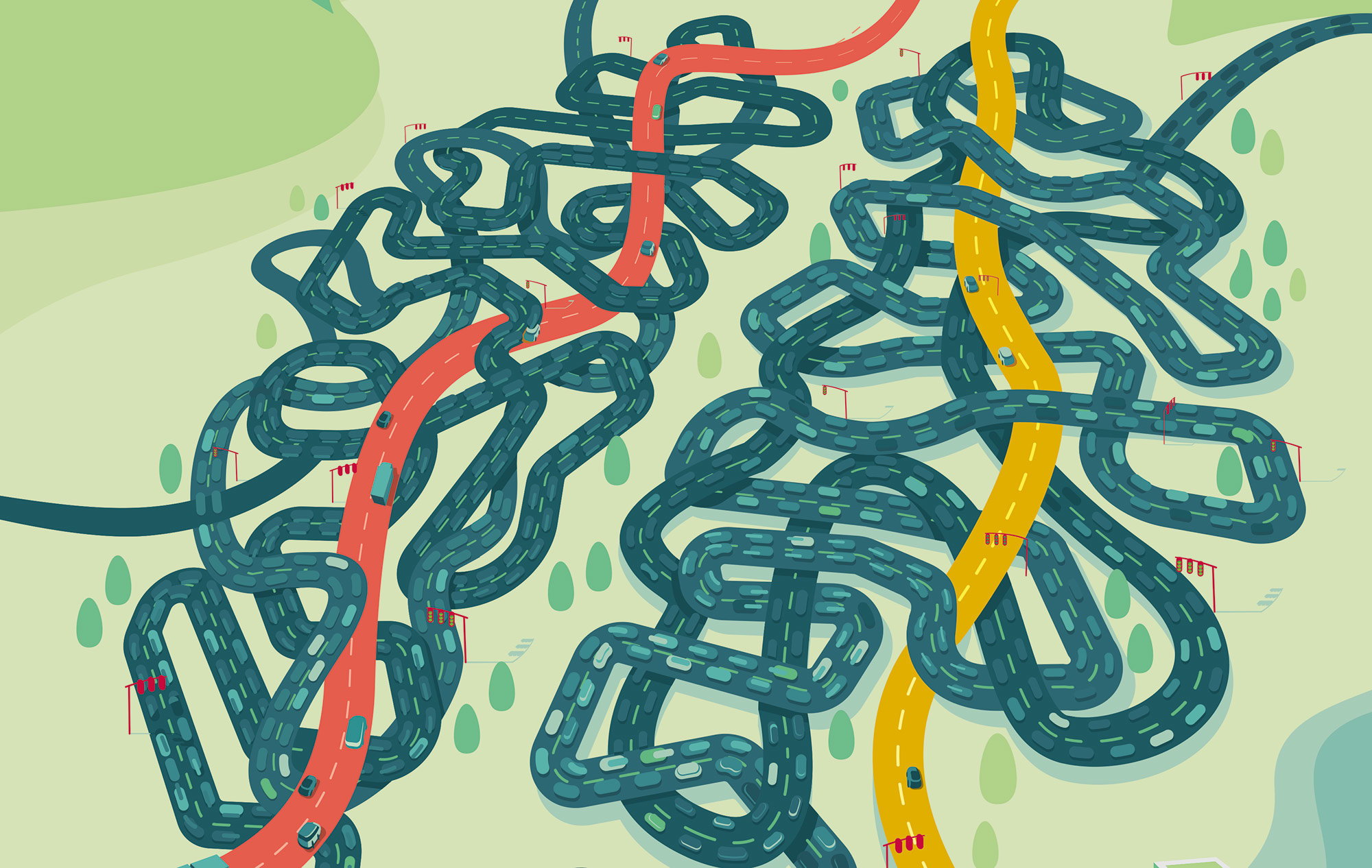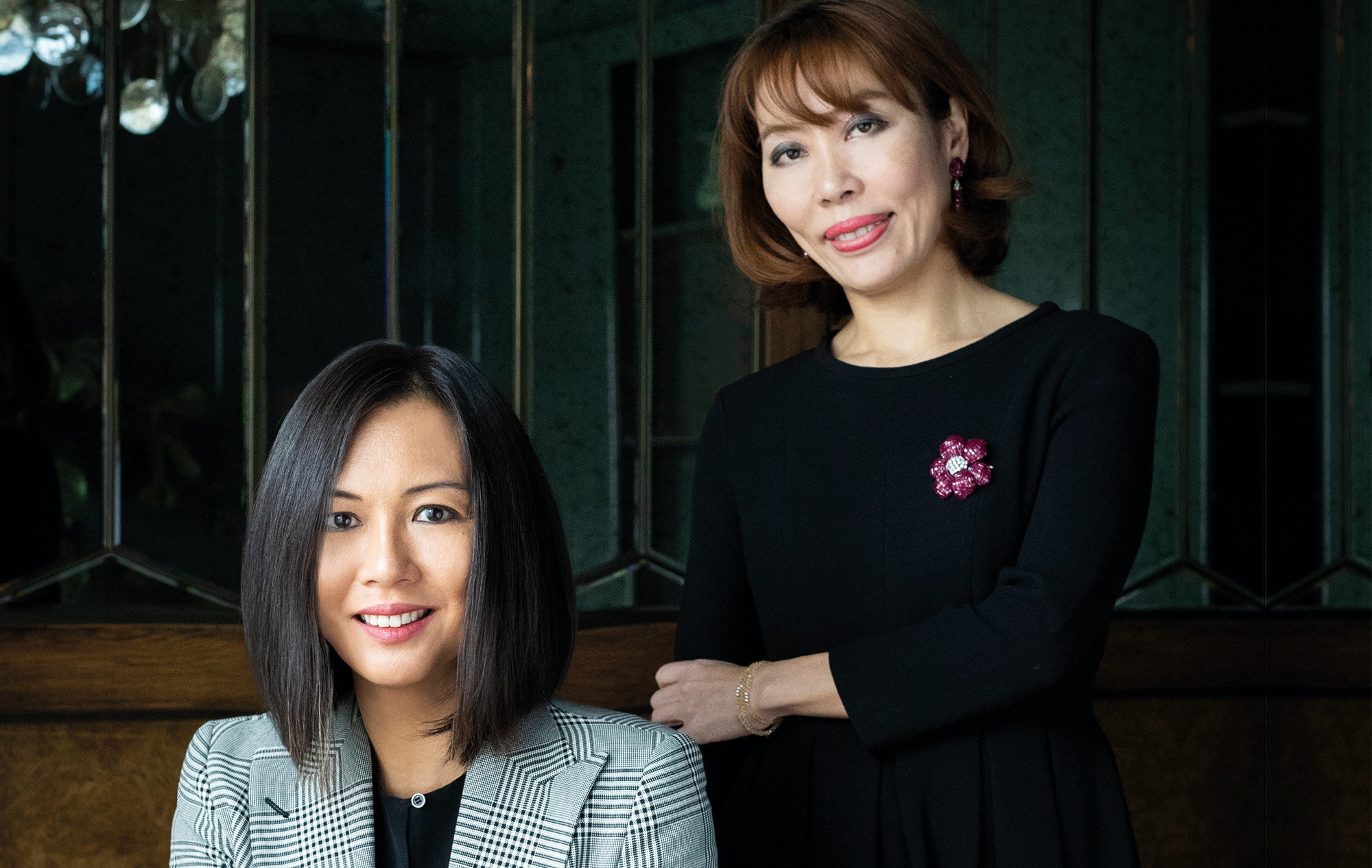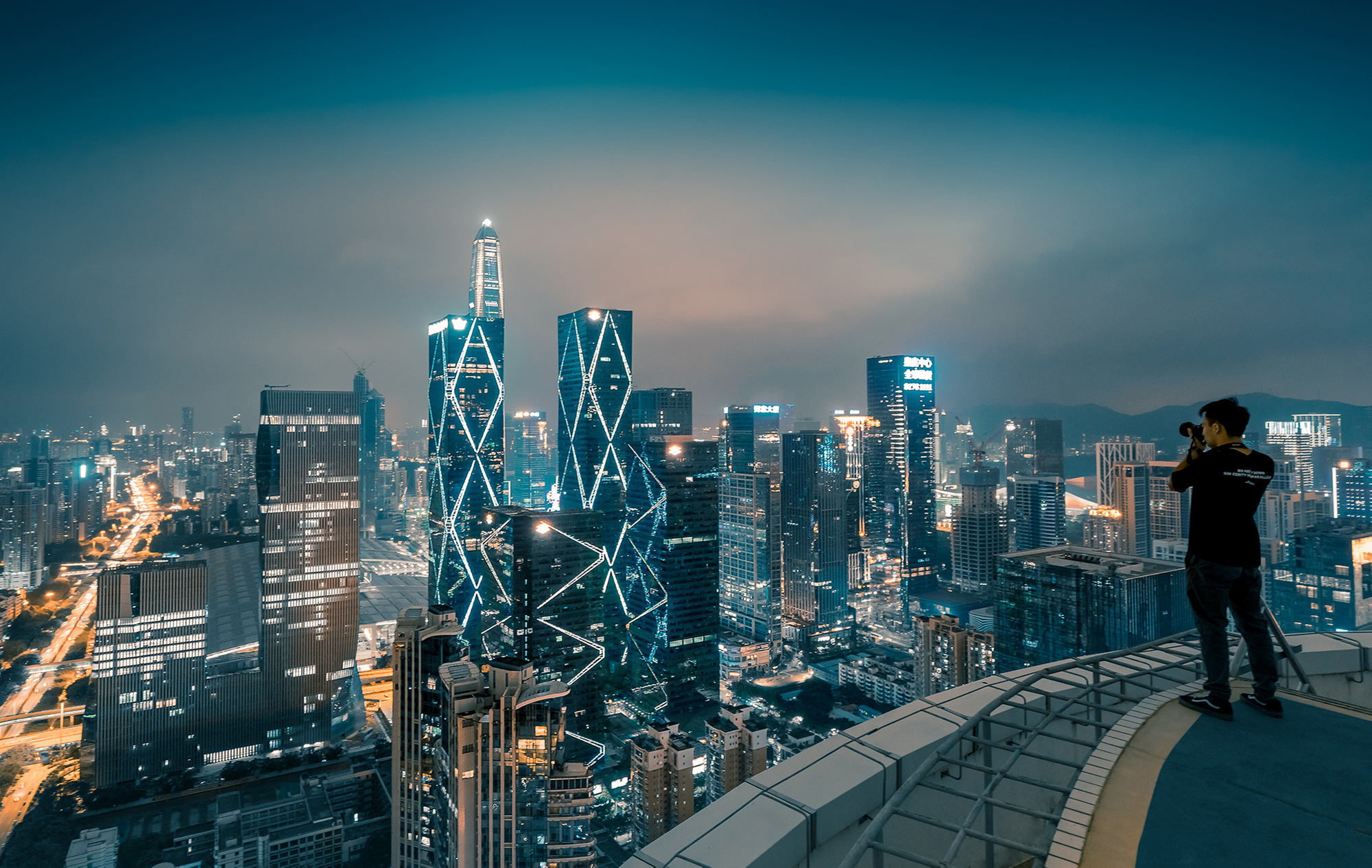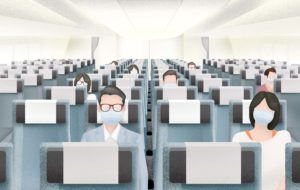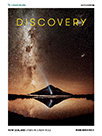Founded in 1994 as part of a joint initiative between former President Jiang Zemin and Singapore’s then-Prime Minister Goh Chok Tong, Suzhou Industrial Park spurred the region’s economic growth, effectively doubling Suzhou’s GDP in its first 10 years of operation.
The park now sprawls across 278 square kilometres. Its outer fringes border neighbouring Kunshan, which itself blends into the outskirts of Shanghai. Indeed, with the three cities’ ever-expanding subway networks, it’s now possible to get from Shanghai to Suzhou on the metro (albeit via several interchanges), if for some reason you decide the 20-odd minute direct high-speed train is too convenient.
SIP’s development has undoubtedly become an important chapter in China’s economic success story of the past 30 years. But as it closes in on a quarter of a century in operation, the park is in search of a new sense of purpose. Cue numerous articles in state media about ‘SIP 2.0’ and officials talking about the building of an ‘innovation paradise’.
The blueprint for SIP 2.0 was laid out in 2015 with the announcement that it would host a new pilot zone for ‘opening up and innovation’, precipitating a deluge of free trade policies and investment incentives. These were aimed at fostering more entrepreneurship and high-tech industries – in particular nano-technology, biotechnology and cloud computing – in the area. This drive is ongoing; in November 2017, start-up incubation centre Block71 opened its doors in the SIP, while in December a new RMB 100 million centre for AI research was announced.
Away from the SIP, Suzhou’s government has made a number of moves toward ‘smart city’ status, a buzzy term that local authorities across China have become intoxicated with. In addition to launching a raft of app-enabled services for residents, Suzhou is making strides towards becoming another of Alibaba’s cashless cities, in which mobile payment is available for almost every financial transaction.
The Person: Wayne Song
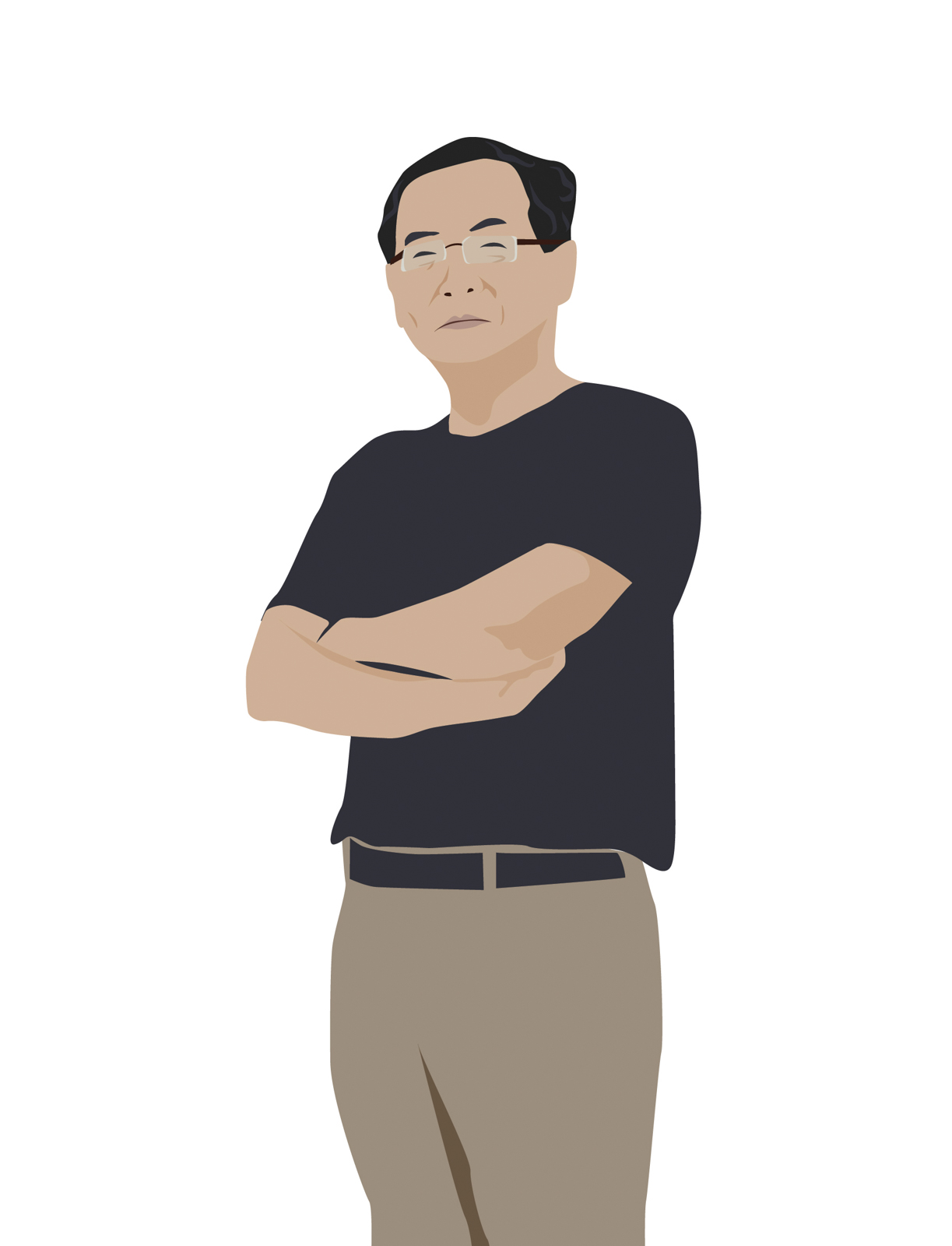
For the next two years, Dr Wayne Song will be overseeing a team from Suzhou stationed in the US state of Wyoming. Their goal? To capture as much carbon as they can from a coal-fuelled power plant in the town of Gillette and prove that they can convert it into methanol and bio-composite boards.
Called C4X, the group from Suzhou is one of 10 teams competing in the Carbon XPrize, an innovation contest that comes with a US$7.5 million grand prize for each of its two co-winners. Their project has been selected from an original field of nearly 50 entrants, and now Song and his team will have until 2020 to prove that their idea can be successful.
‘If we don’t address our carbon problem right now, we could imagine that after 50 years, we’ll face a lot of serious issues – especially in China,’ says Song in an official Carbon XPrize video. ‘Every Chinese city has felt the seriousness of this problem right now. Fifty years later, if we do not solve this problem, I can imagine that people really cannot breathe or lead a normal life.’
Song, who is also general manager of the SIP-based Ontario-Jiangsu Nanotech Innovation Centre and was educated in both Canada and China, is a leading expert in wood-plastic composites. He hopes to bring a quarter of a century’s worth of experience of working with polymers to bear in the carbon capture competition. ‘As a Chinese I feel we do contribute to the problem,’ says Song. ‘And as a scientist and researcher working in this field for so many years, I feel a responsibility to reduce and convert CO2 into products.’
The Product: Ecovacs Deebot

In 2001, Suzhou-based firm Ecovacs created a prototype of an autonomous vacuum cleaner that resembled a missing section from an overly complicated shopping trolley. But 17 years later, the company is the proud developer of a sleek ancestor to that unfortunate-looking object: the Deebot.
The Deebot, a sleek disc that glides across your floor, is a Wi-Fi-enabled, AI-featuring, multi-speed cleaning robot. It costs about RMB 2,000, which isn’t too bad for all the fancy technology. It’s smart enough to figure out effective paths to move through in your home and comes with a mop attachment for different kinds of cleaning jobs.
Deebot’s settings can all be adjusted via an app on your phone, which also allows you to track its progress and programme it to clean at certain times, meaning you don’t even have to leave the sofa as it glides across your floors.
One of China’s leading domestic robotics companies, Ecovacs also offers window cleaning (Winbot), mobile air purifying (Atmobot) and in-shop assisting (Benebot) robots. The Deebot and Atmobot have sold especially well in China, putting Ecovacs well on its way to cleaning up in the domestic robot market.
What to watch
Under the sun
Based in Suzhou New District, Goodwe makes solar panels for industrial as well as residential use, and as of last year UK residents could pick the products up in their local Ikea. The company exports to more than 30 countries around the world.
Just the medicine
Earlier this year, Innovent Biologics, which develops new medicines, was the only Suzhou-based enterprise on a government-issued list of the country’s 164 ‘unicorns’ in 2017, defined as private companies valued at US$1 billion or more.
Film stars
Kangdexin‘s expertise is in polymer materials, which doesn’t sound very exciting – but the company made it onto Forbes’ list of the world’s 100 top innovators last year. Products include glasses-free 3D displays, wrap-around wearable-tech screens and external protective film for cars.



